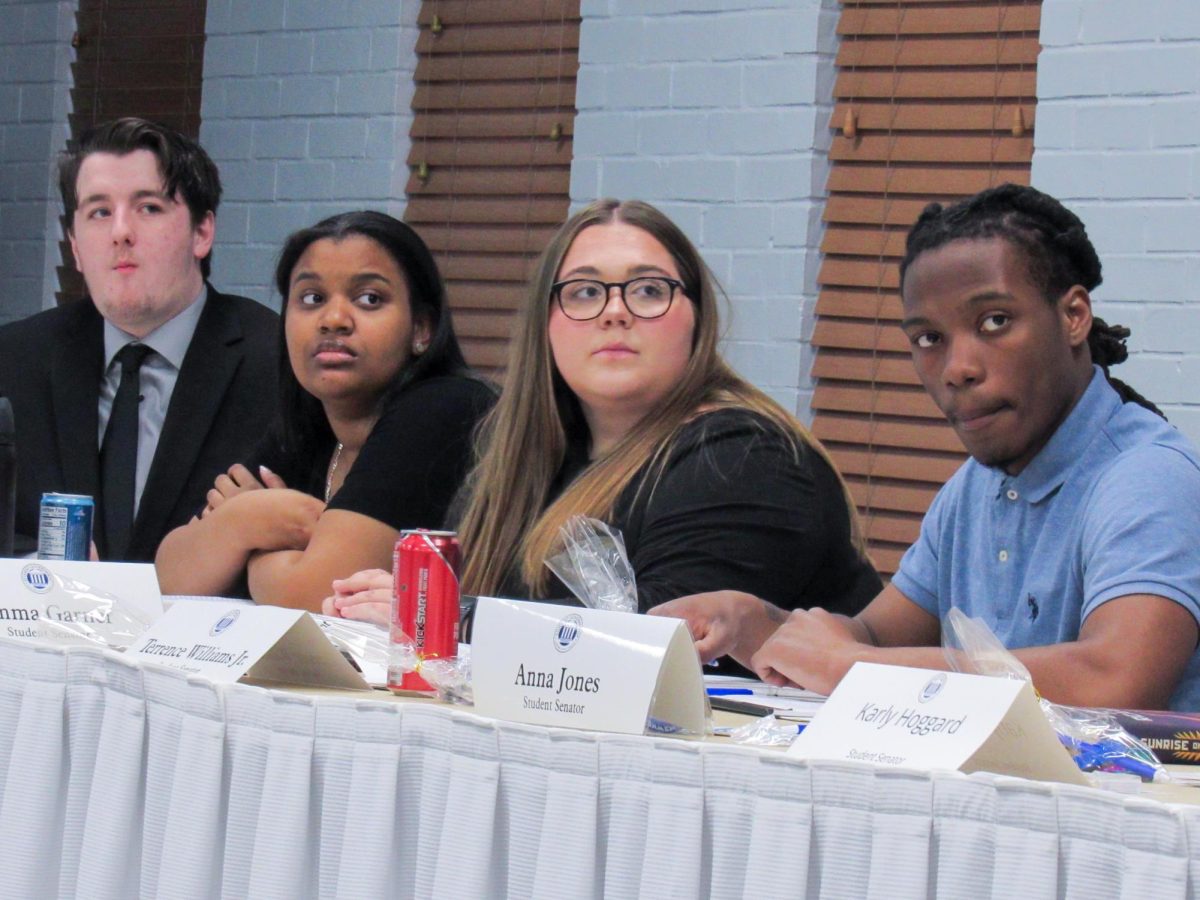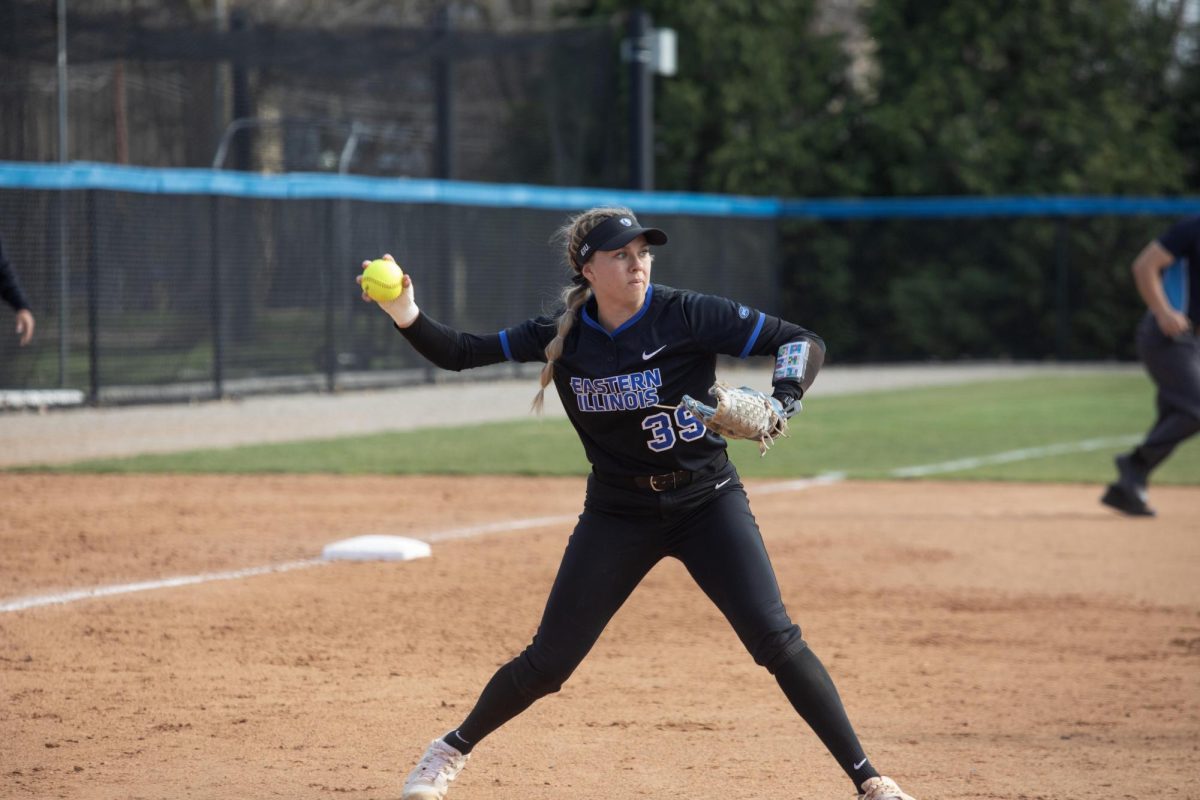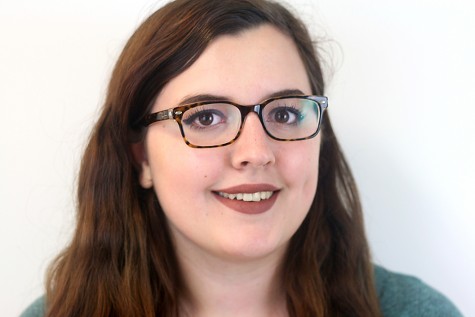Hypocrisy can be a form of growth
March 19, 2018
We live in a world of hypocrisy. All around us are double standards, and far too often we find ourselves doing what we tell others not to.
Just like those of us who swear we will not become our parents, we find out when it is too late; after working so hard to run from who they are, we often stumble right into a mirror where we can see them in our reflection.
This is not always a terrible thing, and it does not mean we are identical to who we never wanted to become.
I like to think, and hope, people have some sliver of good in them and that passed-down character flaws can transform into some sort of decency or at least something tolerable.
We cannot help what passes on when our parents condition us with their behavior during the early, developing moments of our life.
From the beginning we have written and ingrained our moral standards to guide us through life, but we have not yet gotten to test the beliefs written for us or by ourselves.
Many view the title “hypocrite” as an insult, but I think hypocrisy could be reinterpreted as denial or the state we find ourselves in after we realize our assumptions or beliefs about something are wrong.
We are all hypocrites. It is one of humanity’s many flaws.
But, people hold their moral high grounds close to their hearts because it is the very foundation of who they have built themselves up to be.
Whether we like it or not, we prove ourselves wrong because we do not always write our morals with experienced hands.
We speak from the standpoint of others, even though the truest way to find where we stand is to go there ourselves.
The moral guidelines that we write are based off ethical scenarios. This is where we pick up our pencils to write a prediction of how we would face our issues, a draft to our moral handbook.
But, when we tackle our dilemmas head on, we often refer to this draft and see much of the content needs revisions.
This is because until projected into a situation, we could not have been ready for what is really the unknown.
We blindly write our beliefs without seeing the setting. Defining a human being with a one-track set of beliefs is limiting in a world with infinite possibilities.
Rather than going into defense or pointing out hypocrisy like it is a crime against humanity, we can become aware of the personal, moral promises we broke and view this as a lesson to what we all are: learning.
Abbey Whittington is a junior journalism major and can be reached at 581-2812 or anwhittington@eiu.edu.













![[Thumbnail Edition] Junior right-handed Pitcher Lukas Touma catches at the game against Bradley University Tuesday](https://www.dailyeasternnews.com/wp-content/uploads/2025/03/MBSN_14_O-e1743293284377-1200x670.jpg)

![[Thumbnail Edition] Senior Foward Macy McGlone, getsw the ball and gets the point during the first half of the game aginst Western Illinois University,, Eastern Illinois University Lost to Western Illinois University Thursday March 6 20205, 78-75 EIU lost making it the end of their season](https://www.dailyeasternnews.com/wp-content/uploads/2025/03/WBB_OVC_03_O-1-e1743361637111-1200x614.jpg)







































![The Weeklings lead guitarist John Merjave [Left] and guitarist Bob Burger [Right] perform "I Am the Walrus" at The Weeklings Beatles Bash concert in the Dvorak Concert Hall on Saturday.](https://www.dailyeasternnews.com/wp-content/uploads/2025/03/WL_01_O-1200x900.jpg)
![The team listens as its captain Patience Cox [Number 25] lectures to them about what's appropriate to talk about through practice during "The Wolves" on Thursday, March 6, in the Black Box Theatre in the Doudna Fine Arts Center in Charleston, Ill.](https://www.dailyeasternnews.com/wp-content/uploads/2025/03/WolvesPre-12-1200x800.jpg)
















